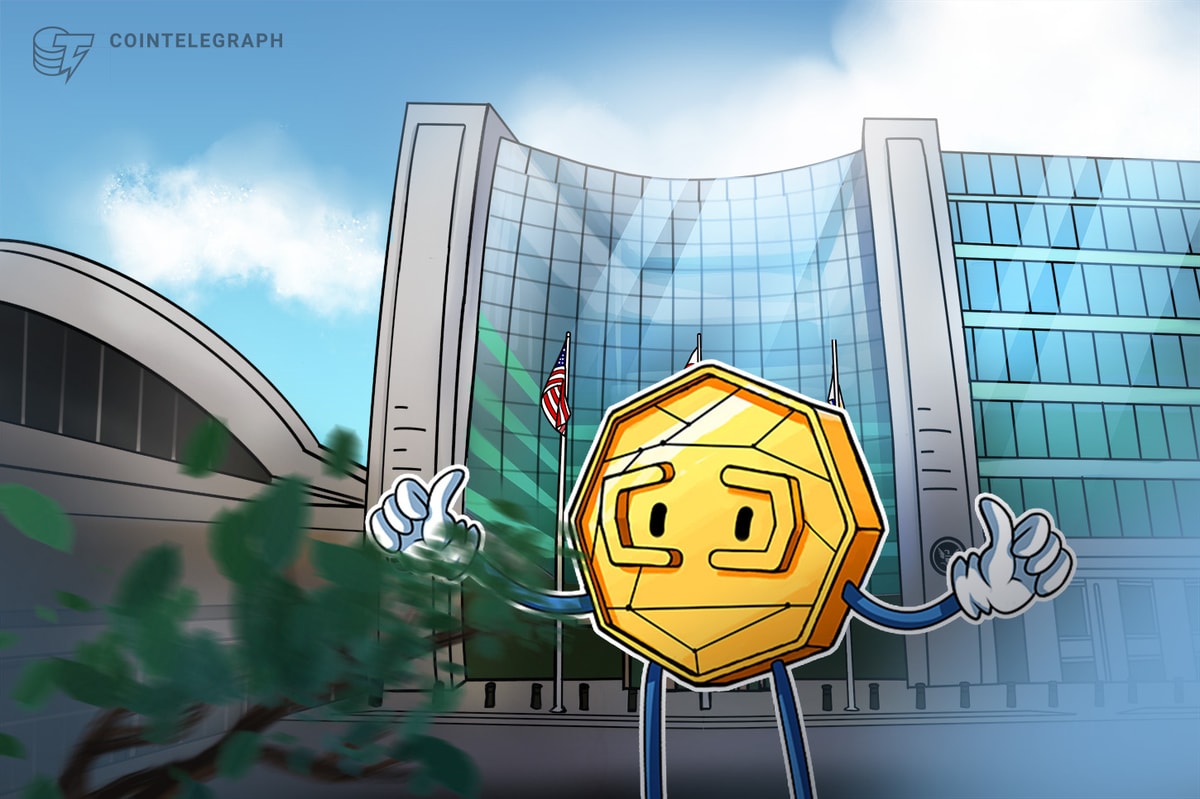In Liu Cixin’s short story “The Wandering Earth (opens in new tab) ” (first published in Chinese magazine Science Fiction World in July 2000), Cixin portrays a scenario in which the planet’s leaders agree to propel Earth out of the solar system to escape an imminent solar flare that is expected to decimate all of the terrestrial planets.
This story is, of course, based in the realm of fiction, but could Earth ever really leave the solar system?
“It’s very unlikely,” Matteo Ceriotti, an aerospace engineer and space systems engineering lecturer at the University of Glasgow in the U.K., told Live Science in an email.
However, as Ceriotti explained, “unlikely” does not mean it’s “impossible,” and suggested a way it could theoretically be done.
“The Earth could be moved away from its orbit through the action of a massive interstellar object, flying through interstellar space and coming into the solar system and passing close to the Earth,” he said.
Related: What if Earth were a super-Earth?
“In this close encounter, known as a ‘flyby,’ the Earth and the object would exchange energy and momentum, and the Earth’s orbit would be disrupted. If the object were fast, massive and close enough, it could project the Earth into an escape orbit directed outside of the solar system.”
Timothy Davis, a senior lecturer in physics and astronomy at Cardiff University in the U.K., agreed that Earth could theoretically be ousted from the solar system, and has his own hypothesis about how this could happen.
“The planets, as they exist right now, are in stable orbits around the Sun. However, if the Sun were to have a close encounter with another star, then the gravitational interactions of these bodies could disturb these orbits, and potentially cause Earth to be ejected from the solar system,” Davis told Live Science in an email.
However, Davis noted that, while this scenario is feasible, it is incredibly doubtful it will happen — at least, in the foreseeable future.
“Such stellar encounters are quite rare,” Davis said. “For instance, we know that the star Gliese 710 is expected to come quite close, in astronomical terms, to the Sun in around a million years’ time — but even this flyby is unlikely to perturb the planets.”
While it’s improbable that external forces will force Earth out of the solar system any time soon, could humanity build machinery capable of shifting the planet to such a degree that it ends up being ejected?
“The energy required to remove the Earth from its orbit and eject it from the solar system is so massive — equivalent to sextillion (a 1 with 21 zeros after it) megaton nuclear bombs going off at once — that this seems unlikely,” Davis said.
Even though such an event is far from probable, what would happen if Earth were to break away from the solar system? What impacts would occur if our home planet ended up being permanently booted into the depths of the universe?
“Earth would fly into interstellar space until captured or swallowed by another star or a black hole,” Ceriotti said, adding that were Earth to leave the solar system, it would probably result in the decimation of much — if not all — of the planet’s life.
“It’s unlikely that the atmosphere would remain: Earth’s global climate is very delicate due to a fine balance of radiation incoming from the sun and energy dissipated to deep space. If this was to vary, temperatures would immediately and dramatically change,” Ceriotti said.
Related: Why isn’t Earth perfectly round?
Davis agreed that most life on Earth would not survive this cataclysmic move away from the solar system.
“If Earth were to leave the solar system, it’s very likely that the vast majority of life as we know it would disappear. Almost all the energy used by Earth’s living organisms originates from the Sun, either directly (e.g. plants that photosynthesize), or indirectly (e.g. herbivores eating the plants, and carnivores eating the herbivores).
“In this scenario, the further Earth moved away from the Sun, the lower its temperature would become. It would eventually freeze over entirely. The only natural source of heat left would be the decay of radioactive elements in the Earth’s crust left over from the formation of the solar system,” Davis said.
Davis explained that some life may linger but would ultimately be doomed. “Some ‘extremophiles’ (animals/plants that can live in extreme environments) might eke out a living from this energy, but complex life would likely disappear entirely. This radioactive heat would only allow the Earth to maintain a temperature of around minus 230 degrees C [Celsius, or minus 382 degrees Fahrenheit]. At these temperatures most of the atmosphere would also freeze out, leaving Earth as a dead, icy world hurtling between the stars,” Davis said.Related mysteries—Why does the Earth rotate?
—How fast does the Earth move?
—What if Earth had rings?
Looking far into the future, Ceriotti added that our solar system will eventually be disturbed so severely that Earth will either be knocked out of it, or will be destroyed entirely.
“We predict that our galaxy is on course to collide with Andromeda [our nearest neighbouring galaxy] in approximately 4.5 billion years. Such a large-scale collision of millions of stars is likely to cause a major disruption in the solar system!” Ceriotti said. “It is also foreseen that the Sun will, in the next 5 billion years or so, enlarge and engulf the Earth,” Ceriotti added
So, while Earth will eventually leave the solar system one way or another, it’s not something we will have to worry about for a few billion years yet. Probably.
Originally published on Live Science.






